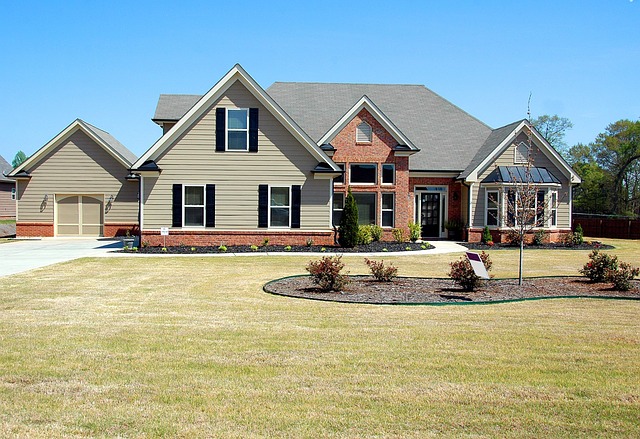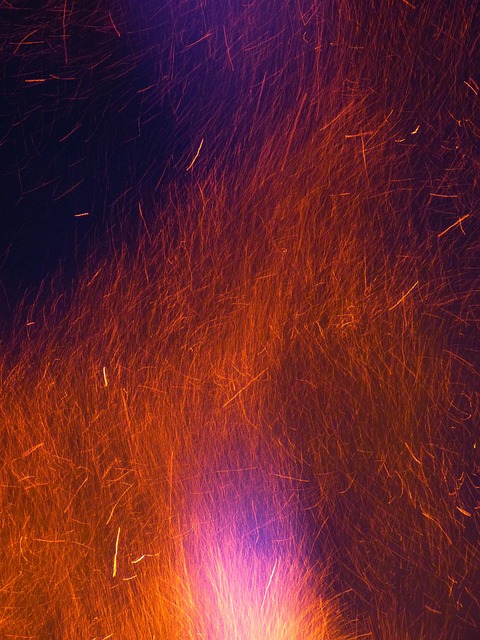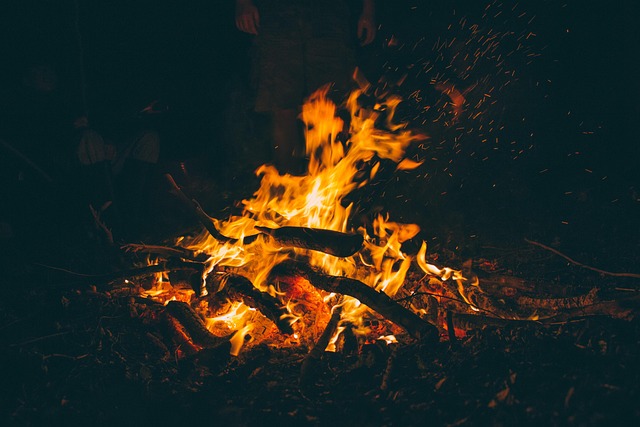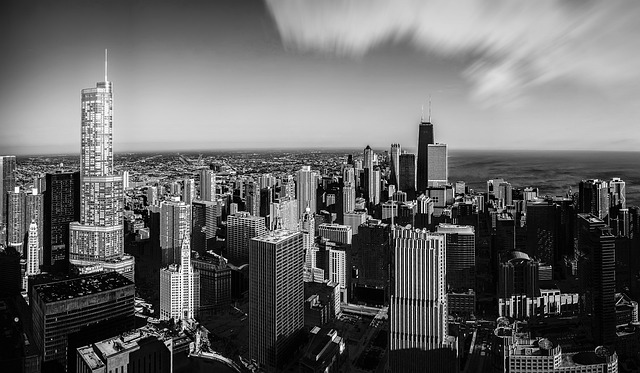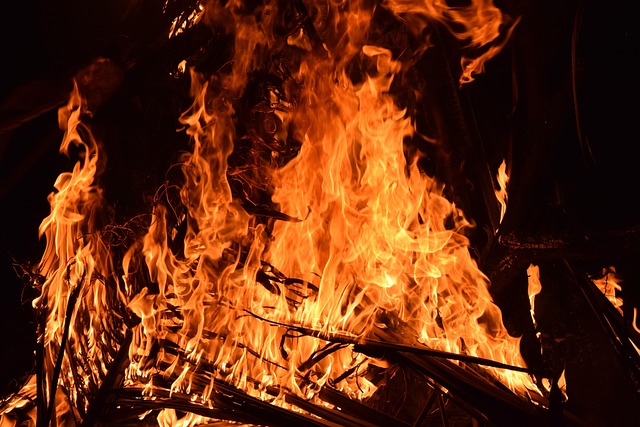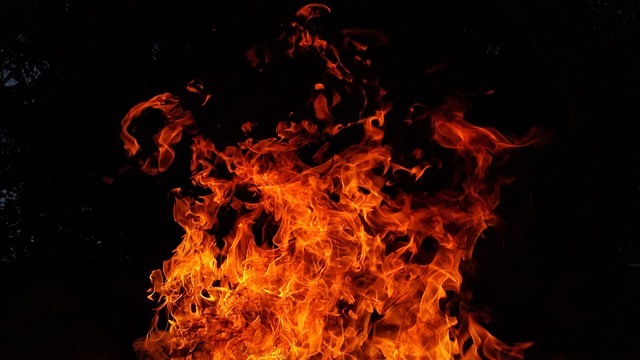Chicago's real estate market, fueled by urban growth and high demand, presents a unique opportunity for investors focusing on rehabilitating and reselling fire-damaged homes. This niche strategy not only generates profits but also contributes to the city's renewal by revitalizing distressed properties and stimulating local economic development. By understanding property damage, feasibility of repairs, legal aspects, and leveraging industry professionals, investors can successfully navigate the market for selling fire-damaged houses in Chicago, transforming these assets into valuable housing options while fostering neighborhood improvement.
Chicago’s real estate landscape offers a dynamic mix of opportunities and challenges, especially with its unique market trends and the potential for urban revitalization. This article explores the key role that investors play in shaping Chicago’s future, focusing on navigating the specific niche of buying and selling fire-damaged properties. Learn valuable tips to maximize returns in a competitive market while contributing to the city’s ongoing metamorphosis, making it a must-read for those interested in the art of selling fire damaged houses in Chicago.
- Understanding the Chicago Real Estate Market: Trends and Opportunities for Investors
- The Role of Real Estate Investors in Revitalizing Urban Areas: A Chicago Perspective
- Navigating the Process of Buying Fire-Damaged Properties in Chicago: Tips for Investors
- Maximizing Returns: Strategies for Selling Fire-Damaged Houses in Chicago's Competitive Market
Understanding the Chicago Real Estate Market: Trends and Opportunities for Investors
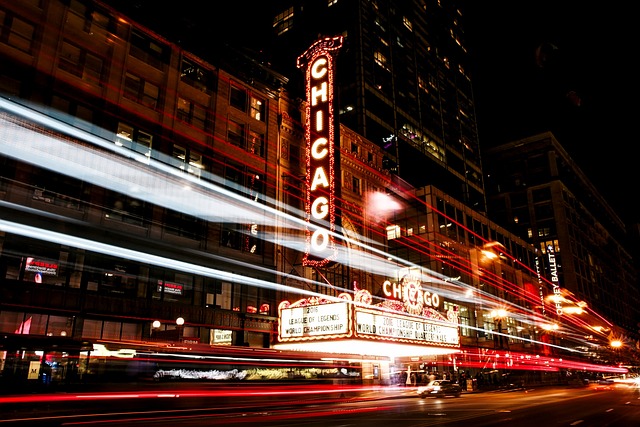
The Chicago real estate market is renowned for its diversity and resilience, offering both established investors and newcomers a plethora of opportunities. Understanding the current trends is crucial for any investor looking to make informed decisions. Over the past few years, Chicago has witnessed a surge in demand for residential properties, particularly from young professionals and families seeking affordable yet vibrant neighborhoods. This urban growth has been further fueled by the city’s robust job market and the increasing popularity of remote work, which has attracted talent from across the globe.
One niche area gaining traction is the rehabilitation and resale of fire-damaged homes. Chicago, like many urban centers, has its share of older properties that have sustained damage over time, including those affected by fires. Investors who specialize in purchasing these distressed properties and revitalizing them can not only provide much-needed housing but also contribute to the city’s renewal. With the right vision and renovation strategies, buying a fire-damaged house in Chicago and selling it at a profit is a viable opportunity, especially considering the consistent demand for quality residential real estate in this dynamic market.
The Role of Real Estate Investors in Revitalizing Urban Areas: A Chicago Perspective
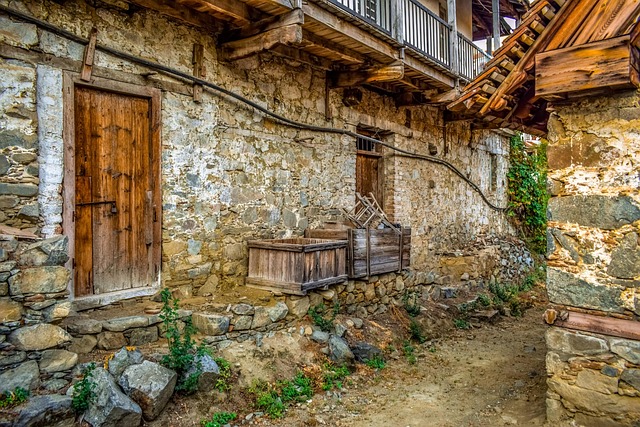
Real estate investors play a pivotal role in revitalizing urban areas, and Chicago is no exception. By recognizing undervalued properties, such as those affected by fire damage, investors have the potential to transform communities. Selling fire-damaged houses in Chicago isn’t just about profit; it’s a catalyst for renewal. Repurposing these distressed assets can spark economic activity, create jobs, and bring new life to neighborhoods.
Investor initiatives often lead to improved infrastructure, enhanced security, and increased property values for surrounding areas. They contribute to the city’s overall growth by filling gaps in the market and providing options for residents. Moreover, their presence encourages local businesses to thrive and attracts further investment, fostering a positive cycle of urban development and recovery.
Navigating the Process of Buying Fire-Damaged Properties in Chicago: Tips for Investors
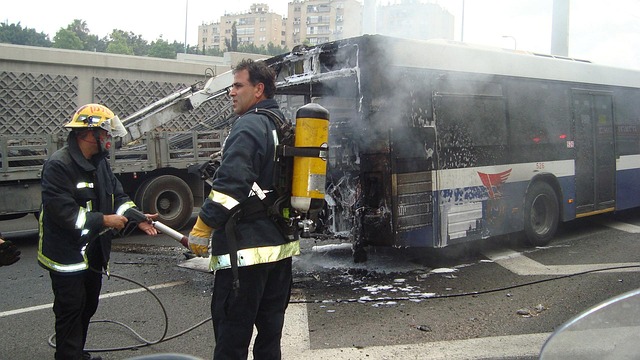
Navigating the process of buying fire-damaged properties in Chicago can be a lucrative yet complex endeavor for real estate investors. With the city’s vibrant real estate market and occasional natural disasters, understanding how to identify and acquire these properties is essential. Many investors overlook these damaged assets, but those who dive into this niche segment can find remarkable opportunities. Fire-damaged houses in Chicago often present as a unique buying opportunity, especially considering the potential for renovation and resale at a significant profit.
When exploring the option to buy a fire-damaged house in Chicago, investors should start by conducting thorough research on the property’s history and extent of damage. They must consult with local building inspectors and experts to assess the feasibility of repairs and potential costs. Additionally, understanding the legal aspects, such as insurance claims and zoning regulations, is crucial. Investors can also leverage their network of professionals, including contractors and real estate agents specializing in these cases, to make informed decisions. Remember that, in the world of real estate, navigating uncharted territories like fire-damaged properties can be a game-changer, offering both challenges and substantial rewards for those willing to take on the task.
Maximizing Returns: Strategies for Selling Fire-Damaged Houses in Chicago's Competitive Market
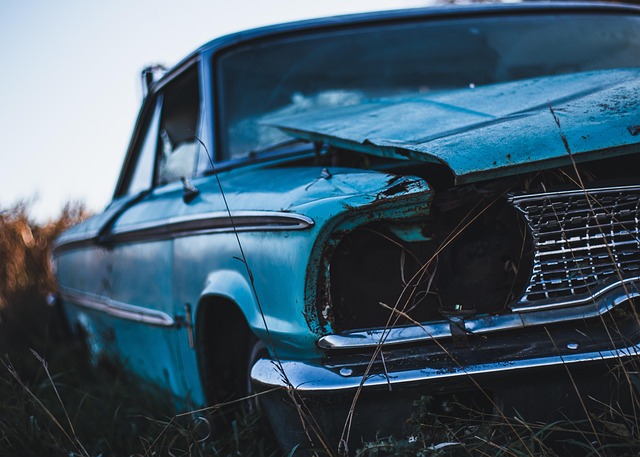
In a competitive Chicago real estate market, maximizing returns on investments can be challenging, especially when dealing with fire-damaged properties. After a fire, selling a house in Chicago requires a strategic approach to navigate the market effectively. One key strategy is to focus on the property’s potential for renovation and rebirth rather than its current state. Investors who are willing to restore and repurpose these homes can capitalize on the growing demand for unique, character-filled properties in the city.
By partnering with experienced contractors and designers, investors can transform fire-damaged houses into desirable residencies or revenue-generating rentals. It’s essential to assess the structural integrity of the building and prioritize safety during renovation. With careful planning and quality craftsmanship, these homes can be revitalized, offering investors a competitive edge in the market while providing much-needed housing options for Chicago residents.
Chicago’s real estate landscape offers both challenges and opportunities for investors, particularly when it comes to purchasing and selling fire-damaged properties. By understanding the unique dynamics of the market and implementing effective strategies, such as those outlined in this article, investors can successfully navigate these opportunities. Whether revitalizing urban areas or maximizing returns, Chicago’s diverse real estate scene presents a promising avenue for those willing to explore its depths, especially when it comes to the specialized niche of selling fire-damaged houses within the competitive local market.
